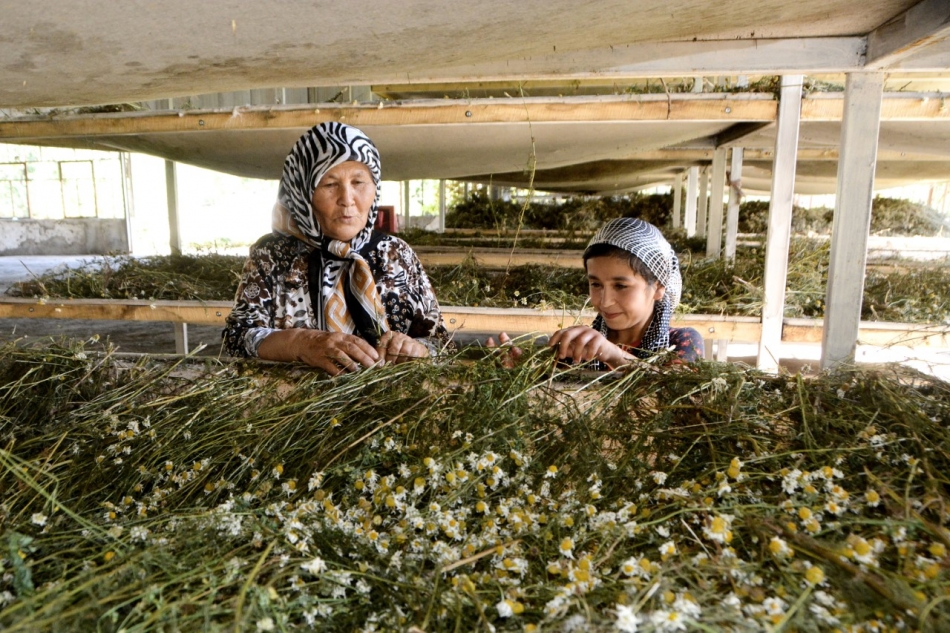18/05/2023 Less than nine percent of Uzbekistan has forest coverage and even this is rapidly shrinking because of changing climatic conditions, uncontrolled animal husbandry, increasing demand for industrial and fuel wood and the expansion of irrigated agriculture.
This is why the ongoing FAO project on sustainable forest management in Uzbekistan is particularly important. The project, funded by the Global Environment Facility, which begun in 2018, aims to promote sustainable forest management, enable local communities to use forestry resources more wisely, and preserve productivity and environmental protection function of forests.
The project is being implemented in four areas of the country representing a variety of forest ecosystems: Syrdarya, Ferghana valley (Pop) and the mountainous areas of Kashkadarya (Kitab and Dekhkanabad). For local communities in these project areas, forests are the main source of income, and their degradation is a serious threat to their livelihoods.
FAO has been conducting training activities for these communities to diversify their income-generation opportunities. While rural women in Uzbekistan have high levels of education and participate in economic activities, they are almost completely uninvolved in forestry decision-making and have limited access to information and property. Therefore, the trainings have focused on women, especially those from poor households.
Since 2019, more than 400 women residing in pilot project sites have learned how to produce environmentally friendly non-wood handicrafts for sale. Thanks to their new or improved skills, these women have increased their incomes, thus decreasing their dependence on grazing and logging, and improving the nutrition and livelihoods of their children and families.
To make this project sustainable, FAO, in close collaboration with national partners and the Forestry Agency under the Ministry of Natural Resources of Uzbekistan, came up with a gender strategy to empower women from forest-dependent communities.
The goal is to reduce inequalities between women and men and provide equal employment opportunities and access to forest and rangelands resources, including access to decision-making and management positions in the sector. The strategy highlights the contribution of women to the economy in the forestry sector and points to the need for improved infrastructure in rural and remote areas, which has particular impact on the economic status of women.
The strategy recommends that at least 20 percent of leadership positions in the Forestry Agency are filled by women and at least 30 percent of graduates of forestry tertiary education institutions are women. The strategy also commits to helping women become long-term tenants in agroforestry and livestock. It also recommends that the Forestry Agency set aside a dedicated budget to support social infrastructure and to establish, in each state forestry enterprise, gender coordinators whose task will be to ensure respect for the strategy provisions in all circumstances.
These and other key provisions of the strategy are crucial for addressing widespread gender-based stereotypes in the sector, promoting equal rights and opportunities, and empowering rural women. To internalize the provisions of the strategy and promote its adoption by the Forestry Agency, FAO has been organizing awareness-raising and advocacy events, both in the capital and in the project areas, for forestry sector employees and local communities.
Sustainable forest management cannot be achieved without the full-fledged participation of women, and we work hard to ensure that all FAO interventions benefit both men and women equally, leaving no one behind. A better life approach means addressing women’s strategic needs and rights, including by increasing access to ownership and control over natural resources – be it land, forests, pastures or something else – and decreasing the added burden of household work on women.
We can empower rural women by helping them diversify their incomes and expand their economic opportunities. Eventually, this will lead to improved livelihoods for all in forestry-dependent communities, with significant impacts on poverty alleviation, the sustainable use of forests and a better life for all.
